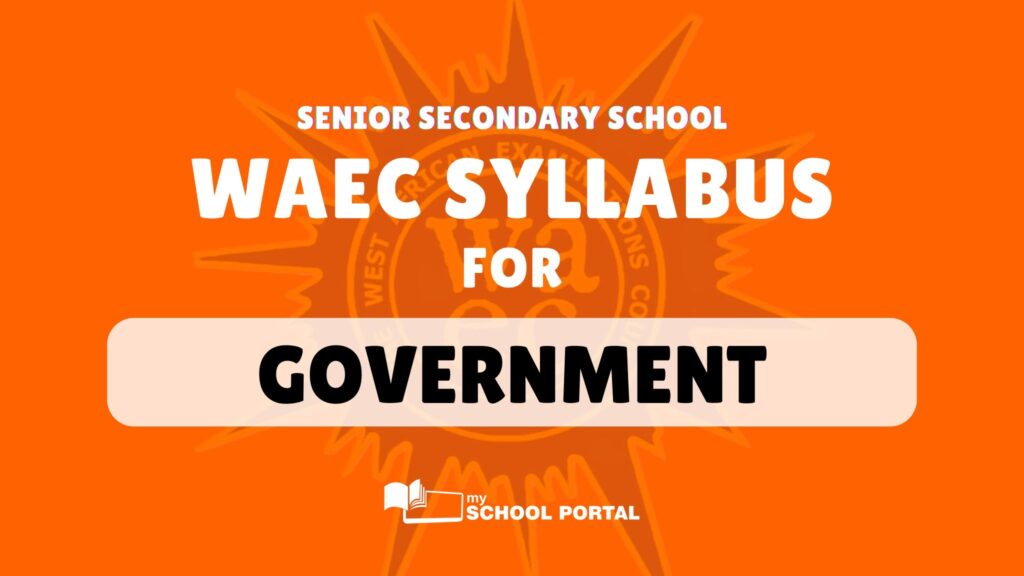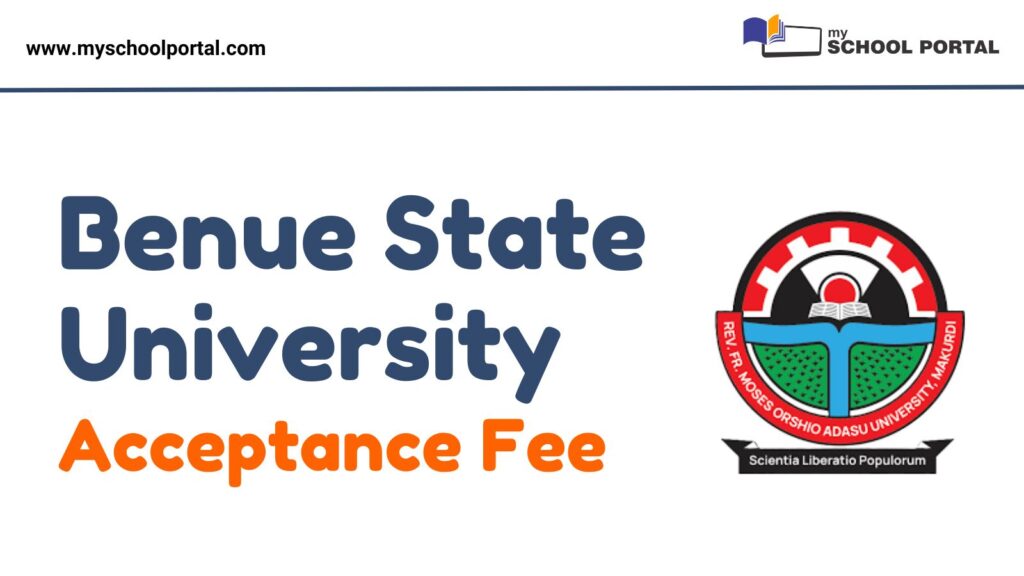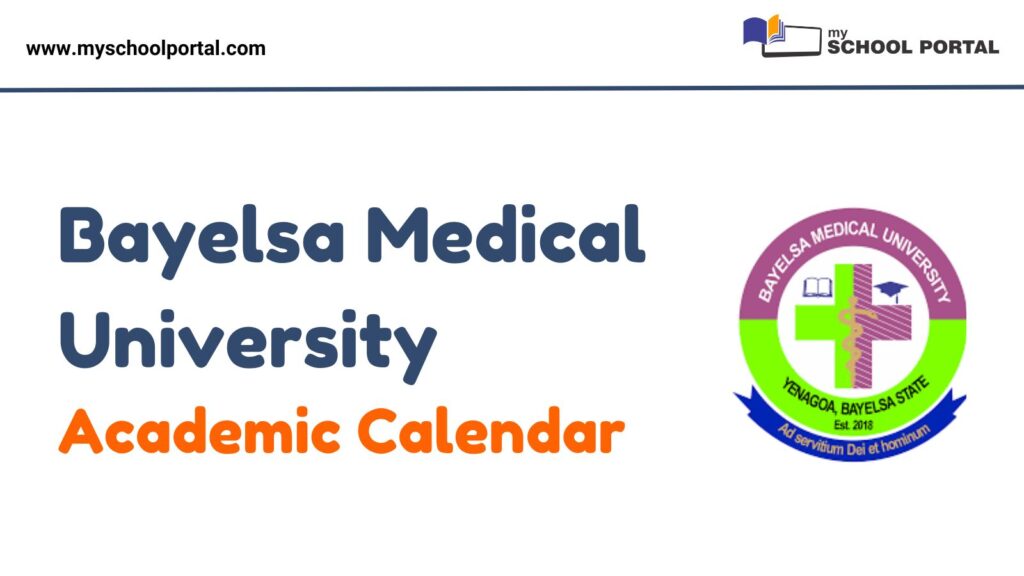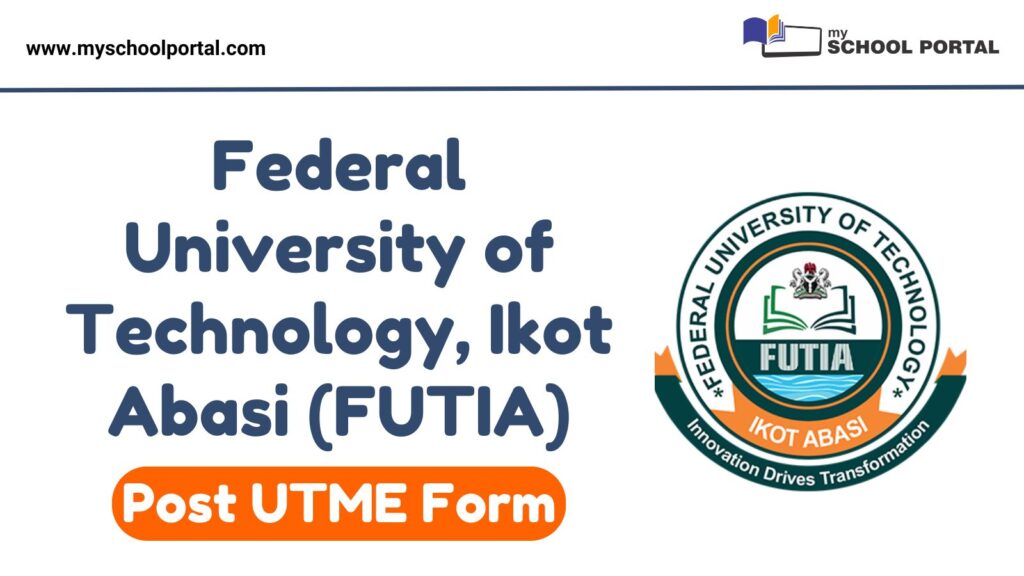This WAEC Syllabus for Government aims at assessing the candidates’ ability to:
- define the concepts of Government and show their understanding of its principles, institutions and processes.
- recognize their role as an informed citizens and their contributions towards the achievement of national development.
- evaluate the successes, failures and problems of governments in West Africa.
- analyze the constitutional developments and processes of colonial and post – independent government.
- appreciate the role of their country as a member of the international community.
There will be two papers – Paper 1 and Paper 2, both of which must be taken. Papers 1 and 2 will be composite and will be taken at one sitting. Paper 1 will consist of fifty multiple-choice objective questions drawn from the entire syllabus. Candidates will be required to answer all the questions in 1 hour for 40 marks. Paper 2 will be a 2-hour essay type test consisting of two sections, Sections A and B as follows:
Section A: Elements of Government: Shall contain five questions out of which candidates shall be required to attempt any two.
Section B: Political and Constitutional Developments in West Africa and International Relations: Shall contain sets of five questions each; one set for one member country. Each candidate is to answer two questions chosen from the set on the country in which he/she is taking the examination.
The paper shall carry 60 marks.
Detailed WAEC Syllabus for Government
Section A: Elements of Government
- Meaning and scope of Government
- Government as an institution of the state (Definition of state, features, structures and function
- Government as a process or an art of governing
- Government as an academic field of study (reasons for studying government)
- Basic concepts and principles of government
- Basic concepts – State, *Society, *Nation, Power, Authority, Legitimacy, Sovereignty, Democracy, Political Culture and Socialization, Communalism, Feudalism and oligarchy, Liberalism, Socialism, Communism, Capitalism, Fascism, Aristocracy, Totalitarianism.
- Meaning and features.
- Basic principles – Rule of Law, Fundamental Human Rights, Separation of Powers/Checks and Balances, Constitutionalism, Political participation, Representative Government, Centralization and Decentralization – (Delegated Legislation, Devolution and Decentralization)
- Basic concepts – State, *Society, *Nation, Power, Authority, Legitimacy, Sovereignty, Democracy, Political Culture and Socialization, Communalism, Feudalism and oligarchy, Liberalism, Socialism, Communism, Capitalism, Fascism, Aristocracy, Totalitarianism.
- Constitutions
- Definition and Sources
- Functions
- Types and Features, (Written and Unwritten, Rigid and Flexible)
- Organs of government
- The Executive, the Legislature and the Judiciary – Judicial Independence. (Types, Structure, Composition/membership; Functions; powers and limitations).
- State structure and characteristics of government
- Types – Unitary, Federal, Confederal, Presidential or Non-parliamentary, Parliamentary or Cabinet, Monarchical and Republican.
- Meaning, types, features, merits and demerits.
- Citizenship
- Meaning, mode of acquisition, rights, duties and obligations of individuals in the state. Means of safeguarding rights of citizens.
- Political parties and party systems
- Political Parties – definition, organization/structure, and functions.
- Party Systems – definition, types, merits and demerits
- Pressure groups, public opinion and mass media
- Pressure Groups – definition, types, mode of operation and functions;
- Public opinion – definition, formation, Measurement and importance;
- Mass Media – definition, roles and impact.
- The electoral systems, processes and electoral management body
- Electoral Systems and Processes
- Election- Meaning and purpose of elections.
- Franchise – meaning, and limitations. Types, advantages and disadvantages of Electoral Systems
- Electoral Management Body – definition, function, problems/constrains
- Electoral Systems and Processes
- Public/civil service administration
- Public/Civil Service – Meaning, Structure, Characteristics and Functions.
- Public/Civil Service Commission –meaning and Functions.
- Public Corporations – definition, purposes, functions, control, challenges, need for commercialization and privatization.
- Local Governments – Meaning, structure, Purposes, Functions, Sources of revenue, control and problems
Section B: Political and constitutional developments in West Africa and International relations
- Pre-colonial political system of candidates’ respective countries
- The Structural Organization of the following:
- Nigeria- Hausa/Fulani, the Yoruba and the Igbo.
- Ghana- The Akan and the Talensi.
- Sierra Leone- The Mende and Temme.
- The Gambia- The Wolof, Mandingo and Jola.
- Liberia- The Vai and the Kru.
- The Structural Organization of the following:
- Colonial administration
- The Policy and Structure of the British Colonial Administration – Crown Colony, Protectorate and Indirect Rule.
- The Policy of French Colonial Administration – Assimilation and Association (Loi Cadre).
- Impact, Advantages and disadvantages of Colonial Rule.
- Nationalism in candidates’ respective countries
- Nationalism: Meaning, factors and effects.
- Key Nationalist leaders/movements and their contributions
- Constitutional developments in candidates’ respective countries
- Pre-Independence Constitutions –
- Nigeria (features) –
- Clifford 1922
- Richards 1946
- Macpherson 1951
- Littleton 1954
- Ghana (features, merits and demerits)
- Clifford 1916
- Guggisberg 1925
- Burns 1946
- Arden Clarke 1951
- Nkrumah 1954
- Sierra Leone (features, merits and demerits)
- Slatter 1924
- Stevenson 1947
- Beresford Stooke 1951
- The 1956 and 1958 Constitutions.
- The Gambia (features, merits and demerits)
- The 1947, 1951,
- 1954, 1960, 1962 and 1963
- Constitutions.
- Post-Independence Constitutions – Features
- Nigeria
- Independence Constitution, 1960
- Republican Constitution 1963
- The 1979 and 1989 Constitutions
- 1999 Constitution – Origin, features, strength and Weaknesses.
- Ghana
- Independence Constitution, 1957
- Republican Constitution 1960 2nd Republican Constitution 1969 3rd Republican Constitution 1979
- 4th Republican Constitutions 1992.
- Sierra Leone
- Independence Constitution 1961
- Republican Constitution 1971
- The 1978 and 1991 Constitutions,
- The Gambia
- Independence Constitution 1965
- Republican Constitution 1970. 2nd Republican Constitution 1997
- Liberia
- Independence/Republican Constitution 1947
- 2nd Republican Constitution 1985
- Nigeria
- Development of major political parties in the candidates’ respective countries
- Nigeria
- Sierra Leone
- The Gambia
- Liberia
- Formation, Objectives, Sources of Finance, Achievements and Failures
- Military rule in the candidates’ respective countries.
- Nigeria
- Ghana;
- Sierra Leone
- The Gambia
- Liberia
- Causes, effects and various military regimes.
- Federal/unitary systems of government in West Africa
- Nigeria
- Sierra Leone
- The Gambia
- Liberia
- Origin, Factors, Structure, Features and Problems
- Foreign policies of the candidates’ respective countries
- Nigeria
- Ghana
- Sierra Leone
- The Gambia
- Liberia
- Definitions, Factors, objectives, advantages and disadvantages.
- International organizations
- The United Nations Organizations (UNO),
- The Commonwealth of Nations,
- African Union (AU) – NEPAD,
- The Economic Community of West African States (ECOWAS).
- Origin, aims/objectives, achievements and problems
WASSCE Government Suggested reading
- Ghana Evolution and Change in the 19th and 20th Centuries. ADU BOAHEN, A
- Ghana and the Rawlings Factor. SHILLINGTON K.
- African Political Parties. HODGKIN T.
- Foreign Policies of Major Countries, Subject Publications, New Delhi. GARBRAH H. K.
- Senior Secondary School Government Bks. 1&2 ADDAE P. G.
- A – ONE in Government. NOFIU S. O. A.
- Modern Government. ECHIEFU S. M
- The Substance of Politics APPADORAI A.
- Political Institutions in West Africa. PRICE J. H.
- Political Studies. LEEDS C. A.
- Groundwork of Government in West Africa. AMOA G. Y.
- A Textbook of Government for Senior Secondary School. DARE AND OYEWOLE
- Government for Senior Secondary School. OYEDIRAN AND CO.
- Essentials of Government. FRANCIS ADIGWE
- Politics in Ghana 1946-1960. DENNIS AUSTIN
- Government for Senior Secondary School. PRAH ISAAC
Related
Stay updated with the latest student resources and insights from My School Portal! Subscribe to our newsletter for fresh content delivered straight to your inbox—no spam, just value 😊














